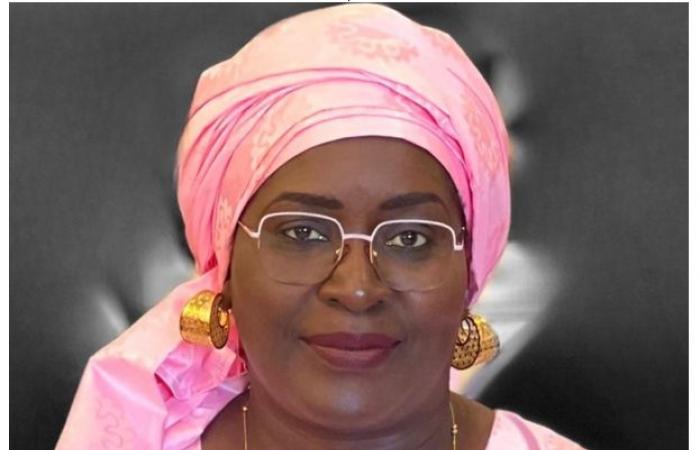In March 2025, Senegal is expected to present at the African Health Economics and Policy Association conference in Kigali, where it will share its efforts to reduce the data backlog, use data for making strategic decisions and establishing routine procedures for future data collection. And it is within this framework that three policy notes were developed by the staff of the Health Economics Unit of the Ministry of Health and Social Action (Msas), headed by Adja Thiané Guéye Diaw , with the support of Open Development, to address these findings.
In 2018, Senegal had, as at the end of each health accounts production exercise, all the data relating to health expenditure, but without the resources to analyze and use them, leaving decision-makers without visibility on the health sector financing sources, on the use of funds, and without the support for decision-making that these data should have provided. This remark is made by Open Development who inform that this data was essential to understand whether the funds allocated to health were aligned with the country’s health priorities. Today, this practice seems to be banned from the Ministry of Health since three policy notes have been developed by the health economics unit. At its head is Adja Thiané Guéye Diaw, who was able to produce a roadmap in record time by relaunching the health accounts in Senegal. Remember that this requirement to have data on health financing is a recommendation from the World Health Organization (WHO). According to the Open Development publication, data and analysis are essential for developing national financial plans for health, but the process of collecting information is costly and resource-intensive, if not not thought out, organized and rationalized.
Thiané Guèye revolutionizes the department
A nurse by training, Thiané holds a diploma in accounting and statistical methods and an MBA in health economics. According to Msas, within 3 months, it had closed the 2013 accounts and, within 11 months, the 2014, 2015 and 2016 accounts as well. Promoted to head of the Health Economics Unit of the MSAS in 2019, she managed to produce three notes including the work of the Health Economics Unit on health accounts was supervised by two committees namely the steering committee, chaired by the Secretary General of Msas, and the Technical Committee, chaired by the Director of planning, research and statistics. “ The three policy notes that Thiané staff developed, with support from Open Development, helped improve understanding and mobilization of national resources not only within MSAS, but also with the Ministry of Finance and Development. Budget (MFB) and even with the general public through the exploitation made of it by civil society actors » we note in this publication. For Dr Serigne Mamadou Loum, Head of the Primary Health Care (PHC) Division, a public health specialist responsible for coordinating the PHC needs of communities at the national level, the Thiané policy note showed that nearly 90 % of essential health services required under the universal health coverage package are provided through primary health care in communities. It also showed that 55.9% of primary health care costs were borne by households. According to Dr. Loum, the policy brief helped his division understand that to make universal health care more equitable and accessible, the country needed to significantly increase national funding allocated to primary health care at the community level. Dr Loum is also using the findings to inform community health resource mapping, which will support the development of a comprehensive financing and resource mobilization plan, and advocate for the inclusion of a budget line for community health in the state budget. Dr Malick Hann, Head of the Noncommunicable Diseases (NCD) Division, also used the policy briefs in question according to the NCD source. According to him, data from the national health accounts (Cns) showed that on average, 233 billion CFA francs ($372,334,000) per year were spent on the treatment of NCDs and that less than 1% of this sum was dedicated to prevention. The data also showed that a large portion of funding for NCDs came from families in the form of out-of-pocket spending. With a public commitment to universal health coverage, this reality was alarming. He credits Thiané’s mandate with triggering the rapid release of funds for a national NCD survey that confirmed that 37% of the cost of NCD treatment came from household spending. Dr Hann also used the policy brief to advocate to the government for increased taxes on products like tobacco, alcohol and unhealthy foods that negatively impact NCDs.
-The third policy note makes a direct appeal to the Ministry of Finance and Budget to increase the overall health sector budget. It provides a comprehensive overview of the gaps between planned and actual financial commitments of government and local authorities to MSAS and the impact of shortfalls in achieving strategic national objectives. It also goes further by presenting data-driven arguments, demonstrating how health spending prevents impoverishment, increases life expectancy and contributes to the overall health of the national economy.
Denise ZAROUR MEDANG






